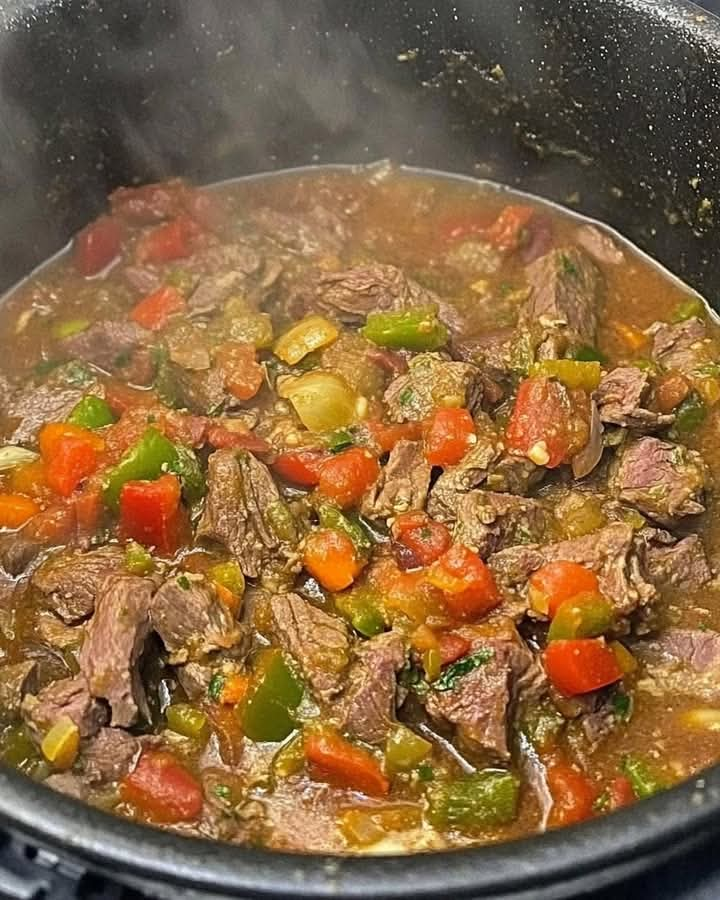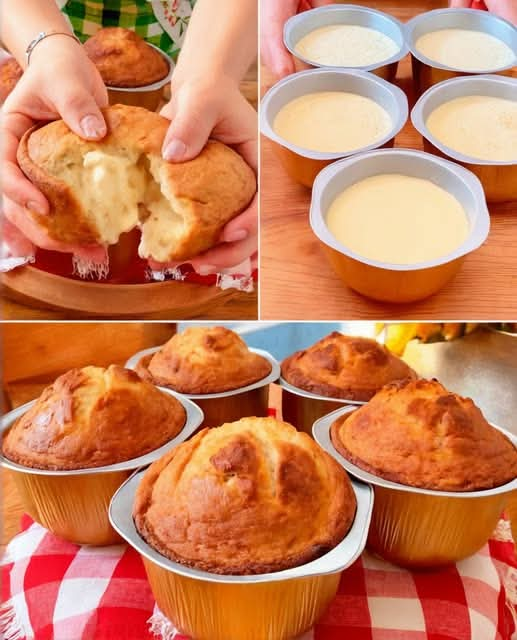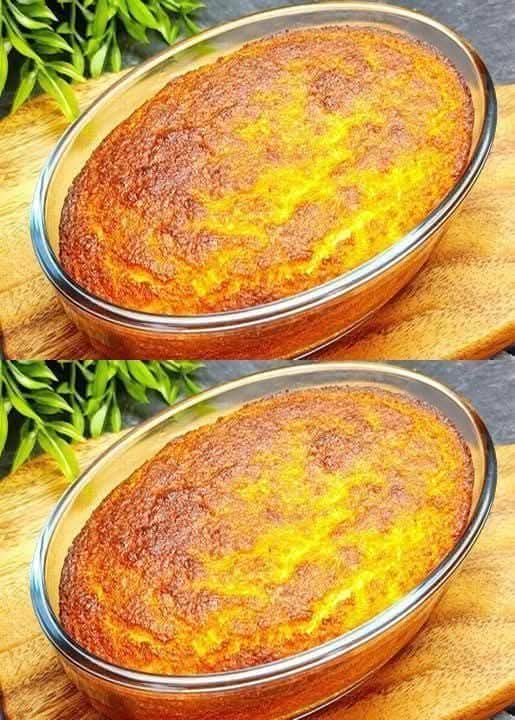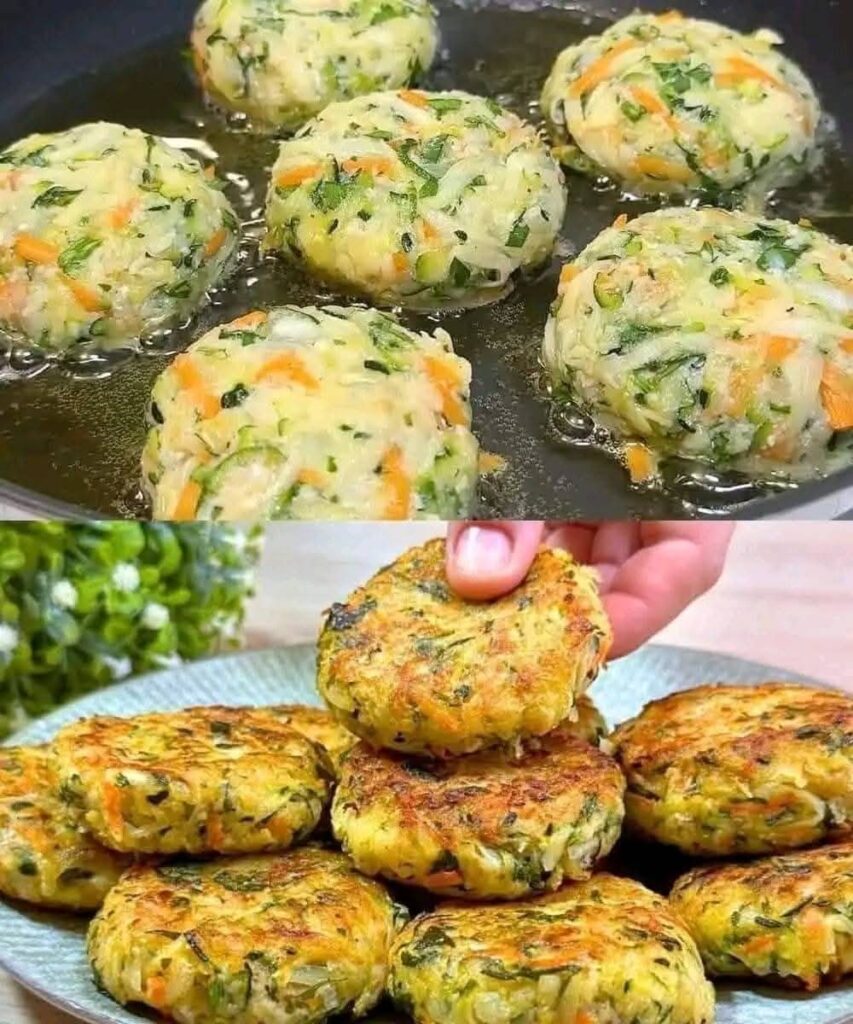How to Make Perfectly Poached Eggs – Every Single Time!
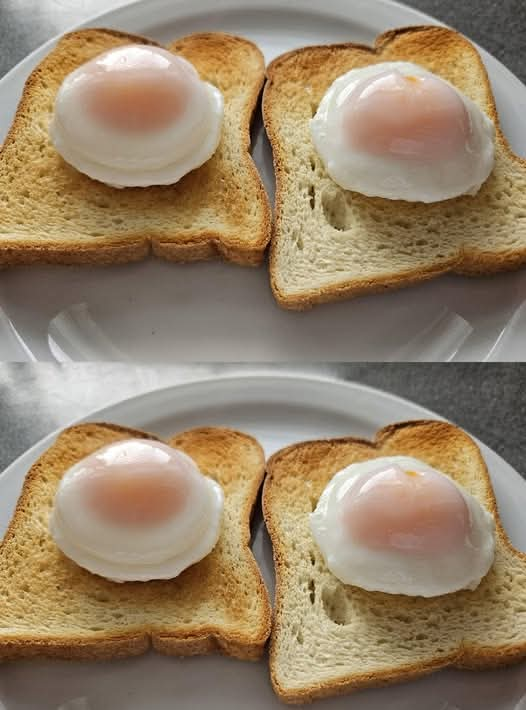
Soft, delicate, and incredibly satisfying — poached eggs are the little luxury you didn’t know your mornings were missing.
There’s something elegant and soul-soothing about a perfectly poached egg. With a tender white exterior and a warm, runny golden yolk that flows like melted sunshine, it transforms any ordinary breakfast into something unforgettable. Whether served on toast, avocado slices, or nestled in a warm bowl of ramen, poached eggs add richness, protein, and flair.
But let’s face it — poaching eggs can seem intimidating. Water temperature, swirl technique, vinegar… where to even begin? Don’t worry! With this guide, you’ll learn a foolproof method that makes poaching eggs as easy as cracking one.
Why Poach Eggs Instead of Frying or Boiling?
Poached eggs are:
- Lower in fat than fried eggs
- Ideal for people avoiding butter or oil
- A perfect topping for salads, grains, and soups
- Simply more elegant — like restaurant-style eggs at home
Ingredients You Need
| Fresh eggs | 2–4 (as desired) |
| Water | Enough to fill a saucepan 3–4 inches deep |
| White vinegar | 1 tablespoon (optional but recommended) |
| Salt | Pinch (optional) |
Instructions – The Foolproof Method
- Use Fresh Eggs
Fresh eggs hold their shape better in water. If your eggs are older, they may spread too much. You can test freshness by placing an egg in water — if it sinks, it’s fresh. - Heat the Water
Fill a medium saucepan with water at least 3 inches deep. Add the vinegar — this helps the egg whites coagulate quickly without affecting flavor. Heat until the water reaches a gentle simmer (not boiling). Look for small bubbles rising from the bottom. - Crack the Egg into a Bowl
This step prevents shell pieces and gives you better control. Gently crack the egg into a small ramekin or bowl. - Create a Whirlpool (Optional)
Stir the water in one direction to create a gentle whirlpool — this helps wrap the white around the yolk. Ideal for one egg at a time. - Slide in the Egg
Lower the bowl close to the surface and gently slide the egg in. Let it cook for 3–4 minutes without touching. - Remove and Dry
Use a slotted spoon to lift the egg out. Gently blot it on a paper towel to remove excess water. - Serve Immediately
Season with salt and pepper. Serve on buttered toast, avocado, spinach, or grain bowls.
Pro Tips for Success
- Don’t overcrowd the pan — poach one egg at a time for best shape.
- Keep the water just under a boil; a rolling boil will tear the egg apart.
- A splash of lemon juice can substitute vinegar if needed.
- You can store poached eggs! Place them in ice water after cooking, then reheat in hot water for 30 seconds before serving.
Nutrition Facts (Per Large Poached Egg)
| Calories | 70 |
| Protein | 6g |
| Fat | 5g |
| Carbs | 0g |
| Cholesterol | 185mg |
Printable Summary
| Perfectly Poached Eggs | |
|---|---|
| Prep Time | 2 mins |
| Cook Time | 4 mins |
| Total Time | 6 mins |
| Skill Level | Easy to Intermediate |
| Servings | 1–4 eggs |
FAQs
Q: Can I poach eggs ahead of time?
Yes! Poach them and store in cold water in the fridge for up to 2 days. Reheat in hot water for 30 seconds before serving.
Q: Do I have to use vinegar?
No, but it helps the egg white firm up faster. It’s hardly noticeable in flavor.
Q: My egg whites spread everywhere — what went wrong?
Your egg may not be fresh. Always use fresh eggs and keep the water at a gentle simmer, not a boil.
Q: How do I get that perfect round shape?
Use the whirlpool method or a silicone egg poaching cup for clean results every time.



